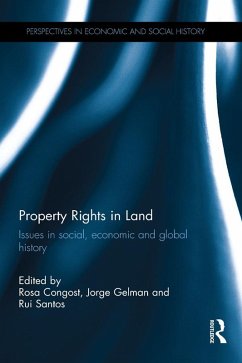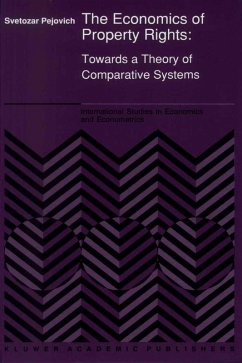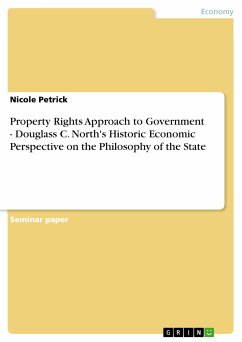
Politics of Property Rights (eBook, PDF)
Political Instability, Credible Commitments, and Economic Growth in Mexico, 1876-1929
Versandkostenfrei!
Sofort per Download lieferbar
32,95 €
inkl. MwSt.
Weitere Ausgaben:

PAYBACK Punkte
16 °P sammeln!
This book addresses a puzzle in political economy: why is it that political instability does not necessarily translate into economic stagnation or collapse? In order to address this puzzle, it advances a theory about property rights systems in many less developed countries. In this theory, governments do not have to enforce property rights as a public good. Instead, they may enforce property rights selectively (as a private good), and share the resulting rents with the group of asset holders who are integrated into the government. Focusing on Mexico, this book explains how the property rights ...
This book addresses a puzzle in political economy: why is it that political instability does not necessarily translate into economic stagnation or collapse? In order to address this puzzle, it advances a theory about property rights systems in many less developed countries. In this theory, governments do not have to enforce property rights as a public good. Instead, they may enforce property rights selectively (as a private good), and share the resulting rents with the group of asset holders who are integrated into the government. Focusing on Mexico, this book explains how the property rights system was constructed during the Porfirio Diaz dictatorship (1876-1911) and then explores how this property rights system either survived, or was reconstructed. The result is an analytic economic history of Mexico under both stability and instability, and a generalizable framework about the interaction of political and economic institutions.
Dieser Download kann aus rechtlichen Gründen nur mit Rechnungsadresse in A, B, BG, CY, CZ, D, DK, EW, E, FIN, F, GR, HR, H, IRL, I, LT, L, LR, M, NL, PL, P, R, S, SLO, SK ausgeliefert werden.













